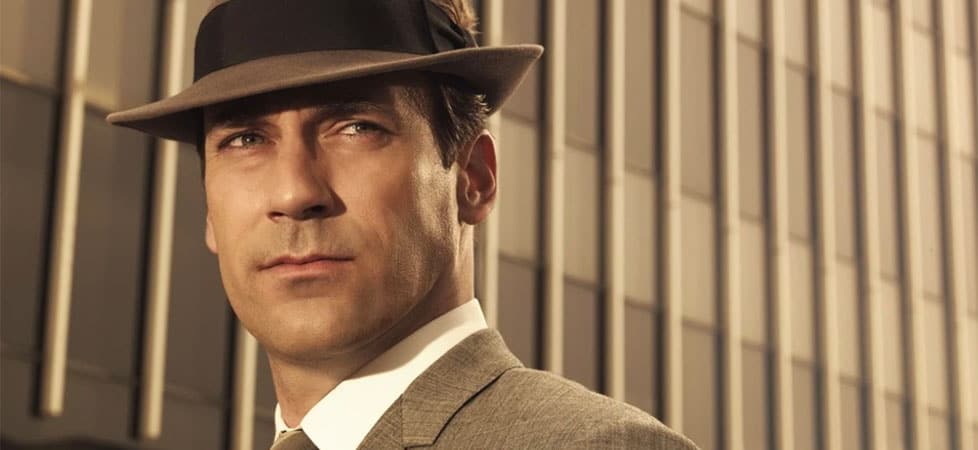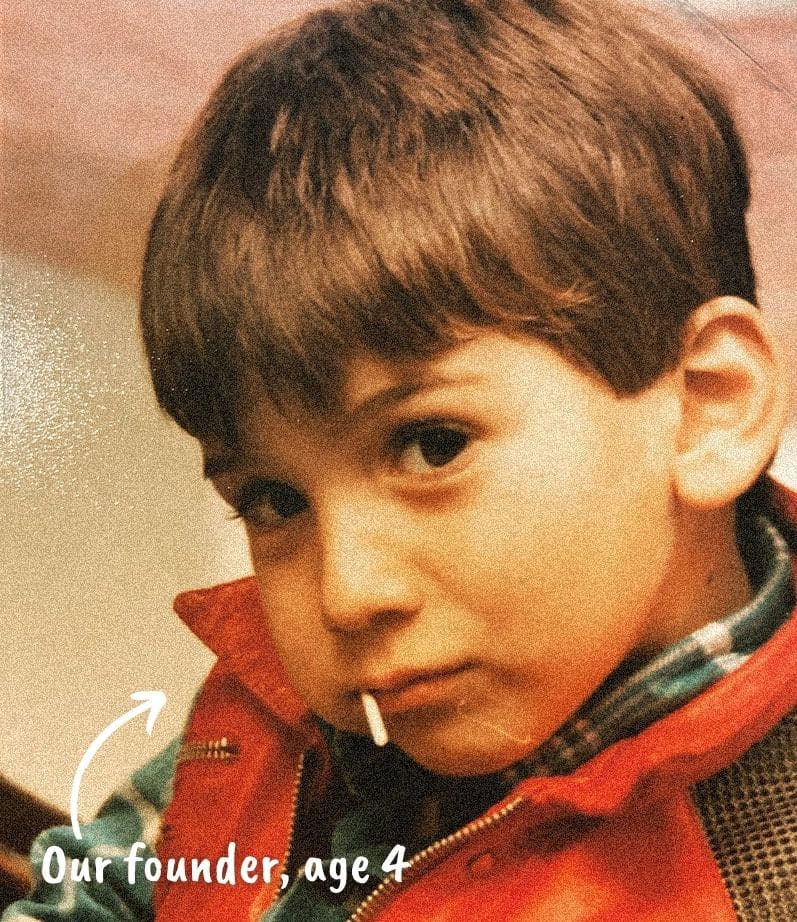The Art of Storytelling: Don Draper, Mad Men, and You
by Jason Unger, Founder
Insights / Digital Marketing /

What’s your story?
It’s a question everyone asks in nearly every relationship we form; from friends and family to co-workers and clients. We want to know where you’re from, what you’ve done, and how you got to where you are today.
It’s a natural question.
But not all of us are prepared to answer it.
You have to figure out your story; you have to develop it. It needs a beginning, a middle, and an end, and it has to be framed in a context that people will understand.
No one embodies this better than Don Draper, the lead character of one of the finest TV shows ever, Mad Men.
First, Know Your Story
If you haven’t watched Mad Men, you’re clearly missing out. Go watch the whole series, then come back and read this post. I won’t be offended.
Spoiler alerts for a show that ended in 2015.
At first glance, Don Draper, the wealthy, powerful, Creative Director at the advertising agency Sterling Cooper, appears to have the pedigree of upper-class status in 1960s New York. But he’s enigmatic, and for good reason: he’s actually Dick Whitman, the son of a prostitute and a farmer who, after going AWOL in the Korean War, adopted the name of his commanding officer – the real Don Draper.
While we viewers learn this over time, the people around him don’t know a lot about him because he’s generally resistant to telling his story. He’s a master at telling other people’s stories – but his own isn’t fully formed.
That is, until he’s ready to tell the story he wants people to hear.
In this video, Don sits down for two interviews with two different reporters, before and after he’s ready to tell his story. Watch Don’s transformation from being hesitant to tell his story to embracing it completely.
Wow. It’s night and day, isn’t it?
Get Comfortable Telling Your Story
Let’s break it down.
When talking to the first reporter, Don’s more interested in what the reporter is asking – “Who is Don Draper?” – rather than the opportunity to provide an answer.
“What do men say when you ask that?” he retorts.
The reporter even tees up Don with all of the things he could be talking about: “Knockout wife, two kids, house in Westchester … maybe take your car now that you can afford it.”
Don doesn’t want to budge. He’s letting the interviewer start the story, rather than taking control and setting the scene himself.
Unsurprisingly, the interview doesn’t go well, and Don’s partners are angry at the missed opportunity for promotion.
In the second interview, the reporter asks an incredibly leading question, and Don – ready to tell his story – leans into it. It doesn’t matter what the actual question is; he knows the story he’s going to tell.
Within seconds, he has the reporter hooked on every word.
“Last year, our agency was being swallowed whole. I realized I had two choices: I could die of boredom … or holster up my guns. So I walked into Lane Pryce’s office and I said, ‘Fire us.'”
Talk about setting the scene. It’s straightforward, easy-to-understand, and so compelling.
What’s genius is that Don isn’t talking about himself with the second reporter; he’s not telling his family history or his background or other things he’s clearly uncomfortable talking about. He’s starting his story with the event he knows will generate the most interest, and going from there.
Developing Your Story
So what does this have to do with your organization and your mission?
Everything.
Your story is why you do what you do.
You exist for a reason; you got to where you are because of a series of events that happened. It’s not necessarily the history that matters – it’s the specific events that led you and your organization to where you are today.
We live and breathe our story here at Digital Ink. There’s a reason my bio says I built my first website on GeoCities; it’s a grounding of how much experience we have doing what we do.
If you haven’t spent the time to determine your brand story or your personal story, work on it. Write it down. Practice telling the story. Change it as necessary.
Your story matters. And telling your story is the best way to promote your mission, your cause, and your goals.
What’s your story?




